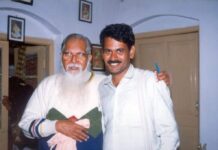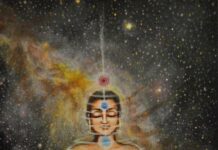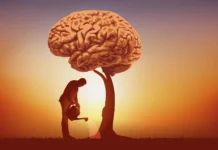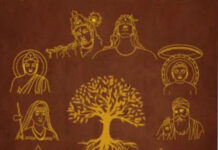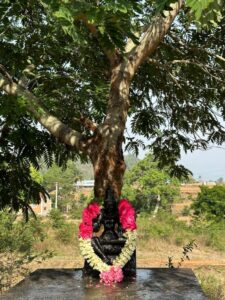
Dear Je,
I got interested in learning about the Hindu philosophical traditions after reading the book ‘Brahma soothiram – Or eLiya arimugam’ authored by writer Sujatha and his brother Rajagopalan. Subsequently, after reading your novel ‘Vishnupuram’. I wanted to learn more about the history of the Vedic times and read the texts from that age.
As I started reading on these topics, I framed some guidelines for myself in order to best understand such texts. They are as follows:
-
To read them as any other text, without giving weight to any holiness or religiosity associated with them
-
To place the text in the context of the age in which it was written, not in the context of our present times
-
Not to confuse the rituals and faiths mentioned in the texts with our own beliefs
-
To read the ideas plainly, take them at face value, without undue reverence or censure, without mixing them with elements of our own imagination
-
Finally, to think through them clearly till a correct understanding is attained
I kindly request you to point out if there is something missing in what I have outlined above.
You book “Indhu jnana marabil aaru dharisanangal” is simple and thorough, it helps with my study.
Thanks and regards,
Dwarakanath
Dear Dwarakanath
I am surprised that you are still writing using the Bamini keyboard. I sometimes get the impression that Bamini and the Brahmasutras are of the same age.
Yes, your methodology is correct. I am amazed that you have achieved such clarity on the basis of your own reading, my best wishes to you. For the seeker of truth, the knowledge traditions of India are a rare treasure.
Allow me to expand on your guidelines, in the same order:
-
Discriminating between philosophy and religious belief. Our ancestors may have read the Brahma sutras or the Gita as a religious text in the past. It is not absolutely necessary to take that approach today. Philosophy is based on logical reasoning. It can be approached in a completely rational way. It is not necessary to involve beliefs and myths in our study of Indian philosophy.
-
Placing each school of thought in its historical context. It is necessary to place any philosophical text in its historical context, in the time and place when it was written and elaborated upon. For example, the Brahmasutras were consolidated in times following the Vedic period, when Vedic sacrificial rituals were performed extensively. The text had a central place in the philosophical deliberations that that followed the ritualistic discourse, that provided a logical antithesis to it. It evolved against the cultural tapestry of the Aryavarta, a geographical region in the Indo-Gangetic plain, where in that age, hundreds of small kingdoms emerged and engaged in constant conflict and consolidation among themselves.
-
Going beyond differences of religion and ideology. All the Indian philosophical texts can be read together as belonging to a single spiritual and knowledge tradition. It can be very enlightening when one realises that the Hindu, Jaina and Buddhist texts are but parts of the same body of knowledge. If one can read without cynicism or disdain colouring one’s vision, that is ideal.
-
Reading without judgements. If we make hasty judgements about the philosophical knowledge traditions of the past based on then political or aesthetic ideas of the present day, then our understanding suffers and we stand to lose.
-
The discrimination between philosophy and the ultimate knowledge that liberates the individual : philosophy is only the logical presentation of the ultimate knowledge contained in the texts. Philosophical reasoning alone does not provide any ultimate answers in and of itself. Spiritual wisdom is an insight that is attained in a state through and beyond beyond the reaches of human reasoning. When it is expressed poetically, it is literature. When expressed logically, it becomes philosophy. Philosophy and poetics each have their own formal modes of expression. Our understanding of each is thus inseparable from its formal mode. But it is only through pure intuition, that suffuses through and transcends our logical or poetic understanding, we grasp the ultimate spiritual wisdom that can liberate us.
jeyamohan
Translated from Tamil By Suchitra Ramachandran





